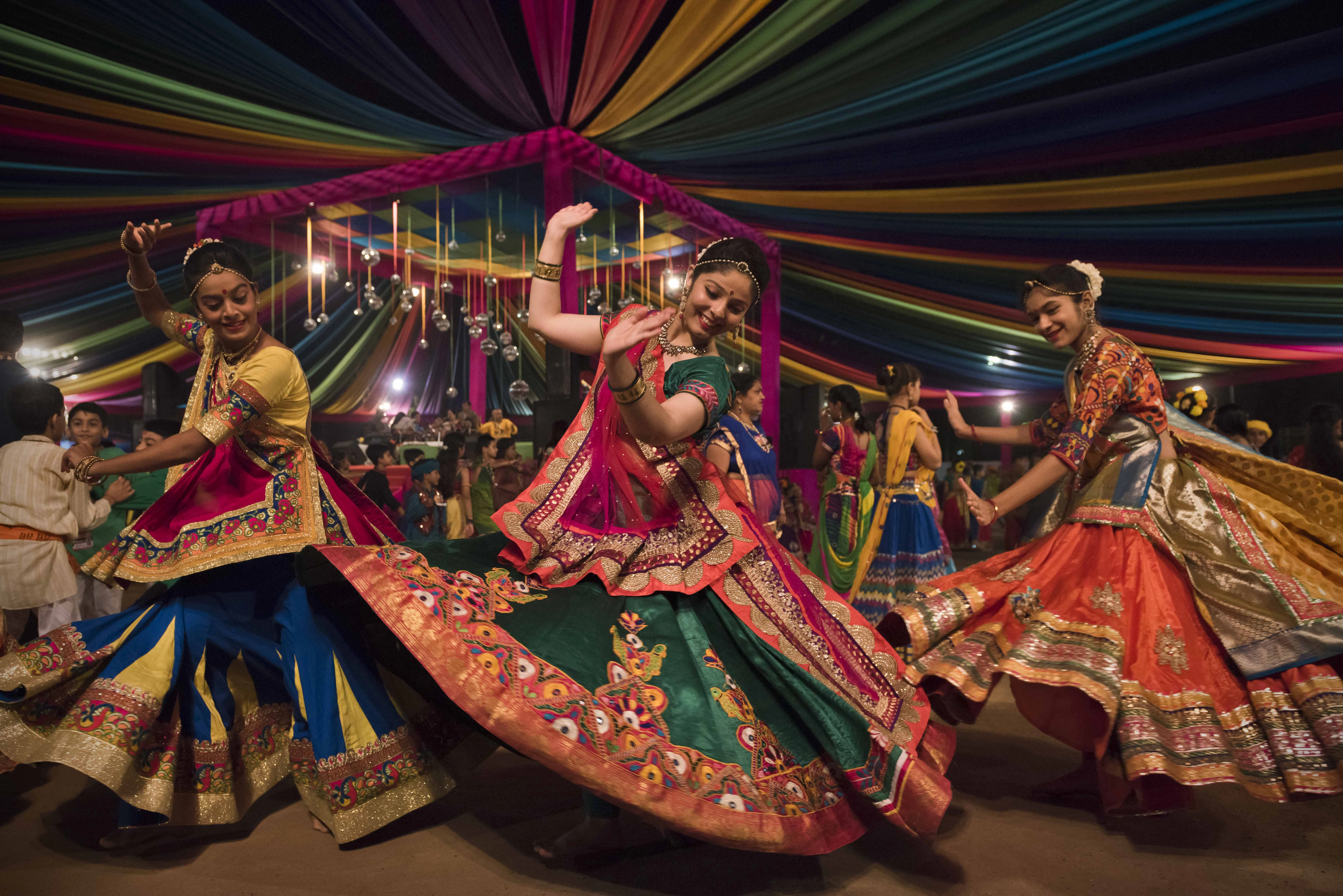A Festival of Savings and Reform

In a national address, Prime Minister Narendra Modi declared that India would be celebrating two festivals together this year—Navratri and a GST Bachat Utsav. He described the reforms as next-generation changes that will not only reduce prices but also create new opportunities for households, youth, and businesses. Calling it a historic step towards Atmanirbhar Bharat, he said these reforms would accelerate India’s growth story and enhance ease of doing business.
Simplified GST Structure
The new GST structure will come into effect on September 22 with only two tax slabs—5 percent and 18 percent—while luxury and sin goods will attract a 40 percent rate. Everyday items including food essentials like ghee, paneer, coffee, ketchup, and biscuits, as well as medicines, soaps, and toothbrushes, will now become more affordable. Big-ticket items such as cars and even health insurance premiums are also set to become cheaper, providing relief to households during the festive season.
Double Bonanza for Citizens
The Prime Minister stressed that the GST reforms, combined with the income tax exemption for those earning up to Rs 12 lakh, would deliver a double bonanza for the middle class, poor, and the newly emerging neo-middle class. He said these measures together would result in savings of Rs 2.5 lakh crore this year, allowing citizens to pursue their aspirations with greater ease.
Realising the Dream of One Nation, One Tax
Reflecting on the pre-GST era, Modi recalled how companies and citizens were entangled in dozens of different taxes such as excise, VAT, and entry tax, which increased costs and slowed trade. He said GST had freed the nation from this web and fulfilled the vision of One Nation, One Tax. The new reforms, he added, continue that journey by simplifying the system further and aligning it with the country’s evolving needs.
A Boost for MSMEs and Make in India
Highlighting the role of micro, small, and medium enterprises, the Prime Minister said that GST 2.0 will particularly empower small industries and cottage businesses by reducing their tax burden and increasing their sales potential. He urged citizens to embrace swadeshi products and make every home and shop a symbol of self-reliance. “I buy Swadeshi, I sell Swadeshi” should become the mood of every Indian, he said, linking GST reforms with the larger Make in India vision.

Festive Season Tailwind
The timing of GST 2.0 aligns with India’s peak festive season. By making essentials and lifestyle products more affordable, the reforms are expected to boost consumption across sectors from FMCG to automobiles. Several industries have already announced that they will pass on GST benefits directly to consumers, adding momentum to festive sales.
Towards a Citizen-First Growth Story
Concluding his address, PM Modi said the government is moving forward with the mantra of Nagrik Devo Bhava, putting citizens at the heart of every policy. He congratulated families across the country on the rollout of GST 2.0 and the beginning of the Bachat Utsav, calling it a moment of collective prosperity that strengthens India’s path toward becoming a developed nation.
For more updates on economic reforms, market trends, and brand campaigns, follow You Finance on Instagram and Facebook.














